

Frances Perkins is appointed secretary of labor by President Franklin D. Roosevelt, becoming the first female cabinet member. She says: “I came to Washington to work for God, FDR, and the millions of forgotten, plain common workingmen.”
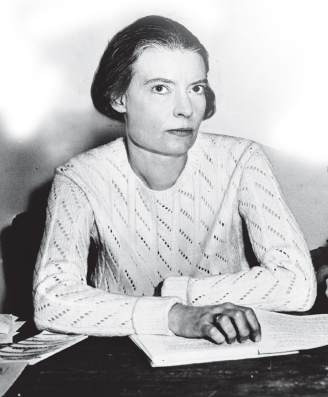
Journalist and reformer Dorothy Day starts the Catholic Worker, a monthly magazine that takes controversial positions on social issues.
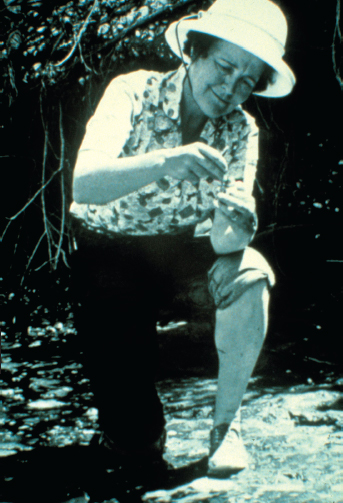
Ruth Patrick joins the Academy of Natural Sciences as a volunteer in microscopy, as the academy does not pay women scientists at this time. She founds the field of limnology and is a recognized expert on river pollution.
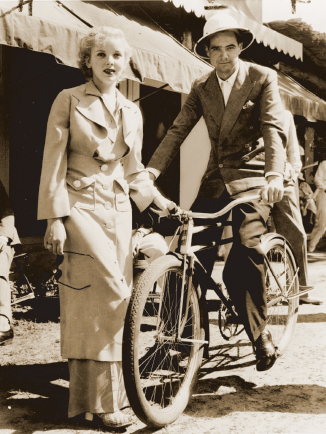
Actress Ida Lupino appears in her first of over sixty films; later she directs as well and is widely respected as a pioneer filmmaker.
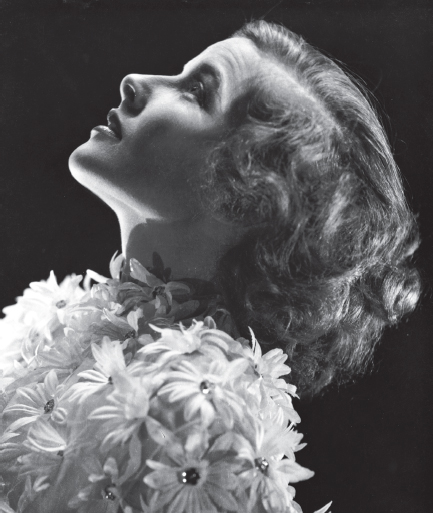
Katharine Hepburn is a movie star and a feminist on-and offscreen. She wins her first of four Best Actress Oscars in 1933 for her work in Morning Glory.
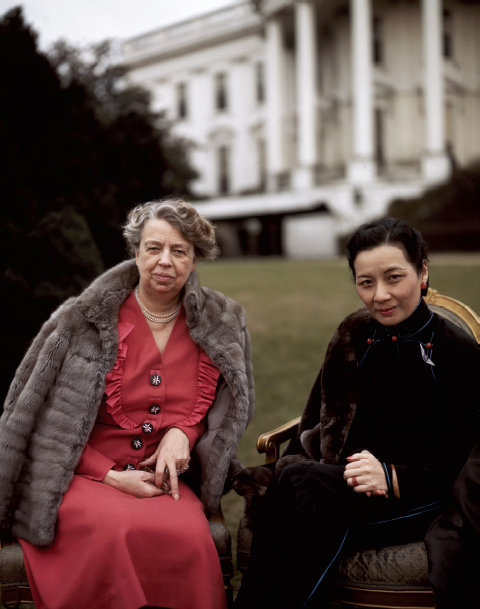
First Lady Eleanor Roosevelt breaks with tradition by holding her own White House press conferences and allowing only women reporters. Throughout her long life, Roosevelt continues a public service career by courageously speaking and writing, both in the United States and abroad, about social issues and concerns. She is widely celebrated and respected. Among her many quotable comments, she says: “You gain strength, courage and confidence by every experience in which you stop to look fear in the face…. You must do the thing you think you cannot do.”
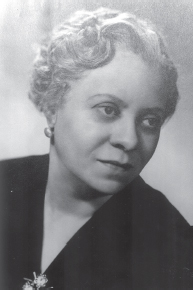
Florence Beatrice Smith Price is the first black woman to have a symphony performed by a major American orchestra.